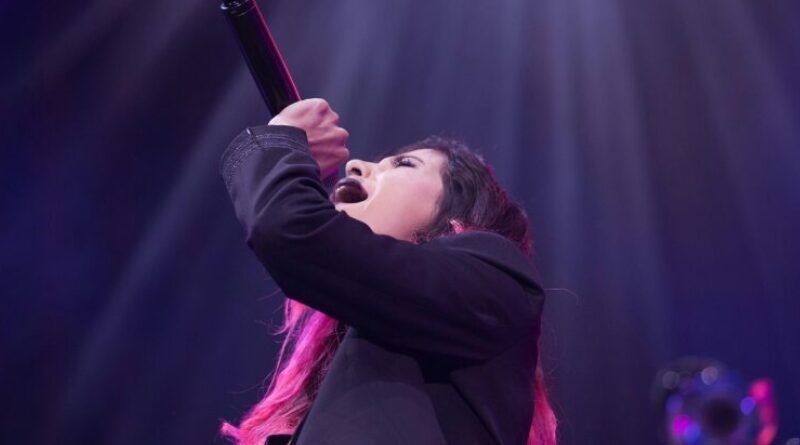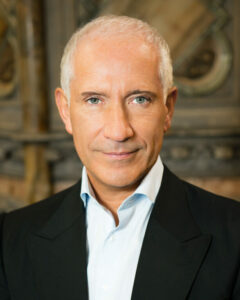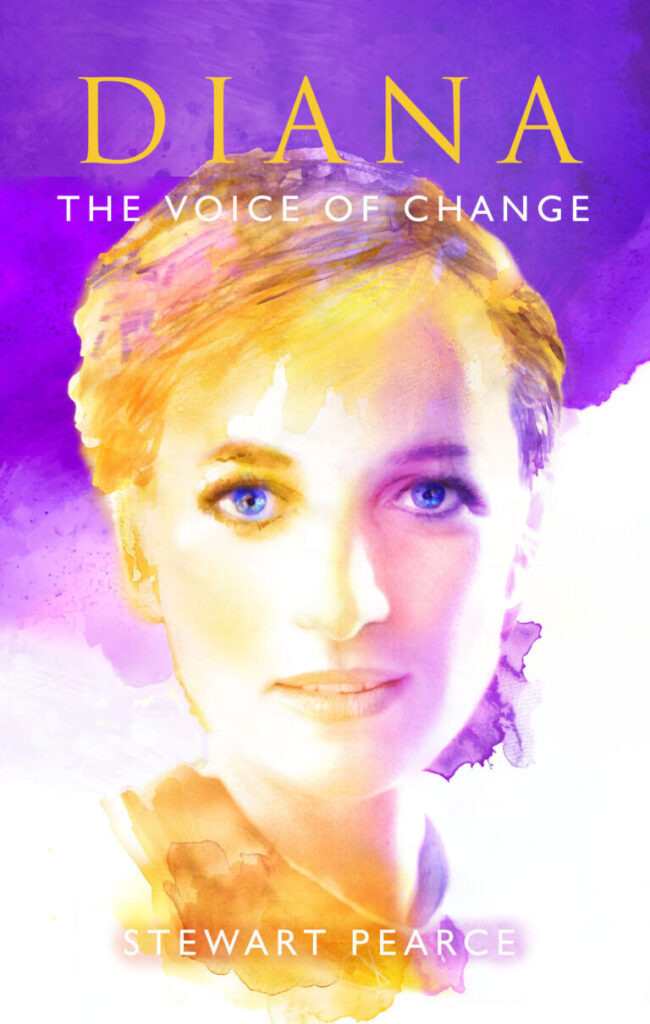The Power of Finding Your Voice

Michelle Sciarrotta
I recently stumbled across an interesting podcast episode about the power of finding your voice, featuring world-renowned vocal coach Stewart Pearce. A fascinating guest and captivating speaker, Pearce’s celebrity clients have ranged all the way from Princess Diana to Margaret Thatcher, with a healthy dose of Oscar winners and accomplished theatre actors included in the middle.
One of the most intriguing things Pearce talked about, was women reclaiming the power of their voices in the aftermath of the #MeToo movement, and now living a very spiritual and esoteric lifestyle, he claimed that the next chapter of history was more likely than not going to be told by women, rather than the patriarchal model. While that next chapter can at times seem elusive and out of reach observing all the pain, injustice, and oppression in the world around us, we can but hope that it’s on the horizon.

Pearce’s conviction and allyship with women had me intrigued, and so I investigated further into his work. As a taster for his online course, The Magnetic Voice, Stewart offers a three-part masterclass, so of course I delved in.
In addition to his apparent classical, Shakespearean training, there were also somewhat spiritual and less formal elements ingrained into his teachings. The second masterclasses covered: how to create a great voice, your breath power and how to relax, discovering the centre of your authentic voice, acquiring gravitas and personal sovereignty, how to create presence, and evolving your magnetic voice.
I was quite taken by Pearce’s holistic approach to emotional elements of self-confidence and breath work, not just in a performative and vocal speaking/singing sense, but in what felt much more akin to spiritual and yogic practices. Of course, the practical side of breathing from the diaphragm, tone, range, speaking, and singing from the belly and the chest as opposed to the nose or the head were covered, which I was expecting going into the masterclasses. The inclusion of elements such as alignment, grounding, energy work, inner stillness and awareness to become present, also found their place, much to my surprise.
In looking at Pearce’s other works, discovering his 2020 book Diana The Voice of Change illuminated where his passion lay in all of this, and it was clear that sharing the exercises that had worked so well in coaching the Princess during her final years, was a large part of his women’s empowerment mission:
“Diana The Voice of Change is a call to action for women everywhere, for it begins and ends with love. The essence of this book urges the heart of each woman or man to awaken, to heal any breakage within, and so commit to a flow of empathy as an opening impulse for the mighty voice of change. It was Diana’s greatest desire that through her example each woman or man of the world could find their own authentic voice, expressing their own unique purpose, liberating love to transcend enmity. Diana believed that wherever tyranny existed it would be freed by grace, that wherever cruelty existed it would be freed by bravery, and that wherever the voice of oppression occurred it would be freed by the voice of kindness. In this, Diana was a trailblazer!”

The Farlex dictionary defines the idiom of “finding your voice” as:
- To find one’s distinctive style or vision of artistic expression.
- To regain the ability to speak, especially after something frightening or startling has happened.
The parallels in Pearce’s work between finding your voice and building a strong voice are quite significant. Both are equally important for the transformation of self-discovery, growth, and empowerment. Both entail developing confidence, authenticity, and resilience in expressing oneself and making a meaningful impact in the world, particularly for women.
Speaking authentically, powerfully, and magnetically can certainly be helped with vocal training, mindfulness, breathing exercises, and practicing performance techniques, but is that enough? It became apparent to me that Pearce’s message of “our voices reflect the core of our being” means that we also therefore have to do some work on the core of our being.
Perhaps this inner training and reflection is what will accelerate the confidence in more of us to find our authentic voices, especially as women in a world that isn’t working as well as it should. And in doing so, maybe Pearce’s prediction that the next chapter will be told by the feminine is looking more likely.
Back to Home
Editor's Note: At StageLync, an international platform for the performing arts, we celebrate the diversity of our writers' backgrounds. We recognize and support their choice to use either American or British English in their articles, respecting their individual preferences and origins. This policy allows us to embrace a wide range of linguistic expressions, enriching our content and reflecting the global nature of our community.
🎧 Join us on the StageLync Podcast for inspiring stories from the world of performing arts! Tune in to hear from the creative minds who bring magic to life, both onstage and behind the scenes. 🎙️ 👉 Listen now!
